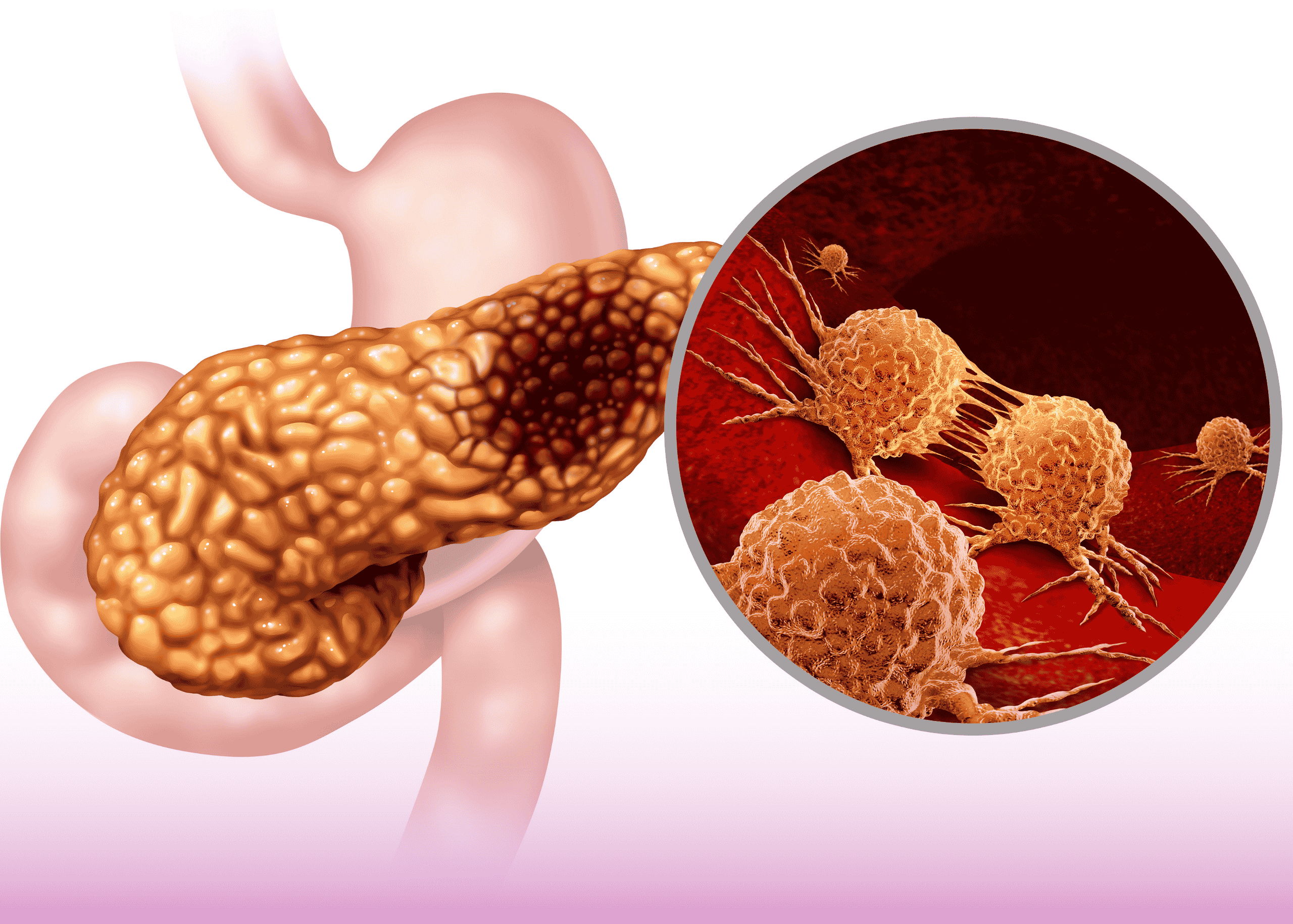Pancreatic cancer remains one of the most challenging oncological conditions to treat, often requiring complex surgical interventions. A recent case at Burjeel Hospital Abu Dhabi demonstrates how advanced laparoscopic techniques are transforming outcomes for patients requiring pancreaticoduodenectomy, commonly known as the Whipple procedure.
The Patient’s Journey
A 72-year-old woman was referred to Burjeel Hospital after presenting with epigastric pain lasting one month and experiencing a 3kg weight loss. Having previously undergone right mastectomy for breast cancer in 2002, the patient’s medical history prompted thorough evaluation.
Prior to referral, the patient had undergone ERCP (Endoscopic Retrograde Cholangiopancreatography) with placement of a biliary metal stent. Diagnostic imaging revealed concerning findings that required expert surgical intervention.
Comprehensive Diagnostic Workup
The patient underwent an extensive diagnostic assessment including:
- CT scan of the abdomen revealing a 13mm pancreatic head mass with significant dilation of both the pancreatic duct (10mm) and bile duct (22mm)
- CT chest confirming no metastatic disease
- Elevated tumor marker CA19-9 at 76 (normal range <37)
- Endoscopic ultrasound showing a 2.5cm pancreatic head mass with biopsy indicating potential malignancy
The case was presented at the Burjeel Hospital’s Oncology Multidisciplinary Team meeting, where specialists collectively recommended proceeding with Whipple’s resection based on the highly suspicious imaging appearances indicative of pancreatic head cancer.
Pioneering Surgical Approach
Prof. Dr. Basil Ammori, Consultant Laparoscopic Bariatric, Gastrointestinal, Hepatobiliary and Pancreatic Surgeon at Burjeel Hospital, performed a complete laparoscopic Whipple procedure—a technically demanding operation rarely performed using minimally invasive techniques.
“The laparoscopic approach to Whipple’s resection is challenging and requires specialized expertise in both laparoscopic and pancreatic surgery,” notes Prof. Ammori. “While the procedure takes longer—approximately 10 hours in this case—the benefits for patient recovery are significant.”
Key advantages of the laparoscopic approach include:
- Minimal blood loss during surgery
- No need for intraoperative or postoperative blood transfusions
- Dramatically shortened hospital stay
- Accelerated return to normal activities
- Earlier initiation of adjuvant chemotherapy when needed
Remarkable Recovery
The patient experienced an uneventful recovery and was discharged just four days after surgery—a dramatic improvement over the typical 10-14 day hospitalization period following traditional open Whipple procedures.
Histopathology revealed an undifferentiated carcinosarcoma of the pancreatic head (pT1CN0) with no involvement of the 16 regional lymph nodes examined (0/16) and clear surgical margins, indicating a potentially curative resection.
At the three-week follow-up appointment, the patient was doing well and was scheduled to begin adjuvant chemotherapy based on the Oncology MDT recommendation.
Advancing Surgical Standards
This case highlights the evolution of complex oncological surgery toward minimally invasive approaches. While traditional open Whipple procedures remain standard at many institutions, the laparoscopic approach offers significant benefits for carefully selected patients.
“The rapid recovery associated with laparoscopic surgery means patients can begin adjuvant chemotherapy sooner, potentially improving long-term prognosis,” explains Prof. Ammori. “This integrated approach to cancer care exemplifies modern multidisciplinary treatment.”
The successful implementation of this advanced procedure at Burjeel Hospital Abu Dhabi demonstrates the institution’s commitment to offering state-of-the-art surgical options for patients with complex conditions.


